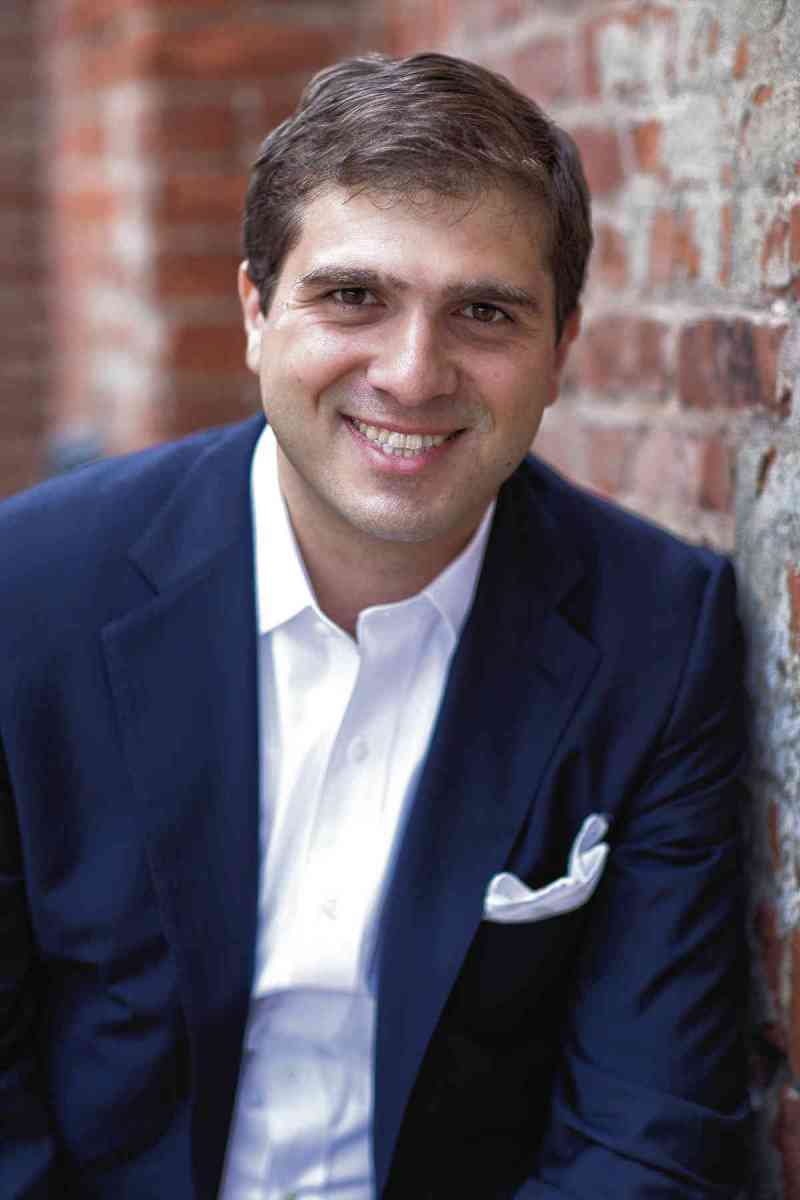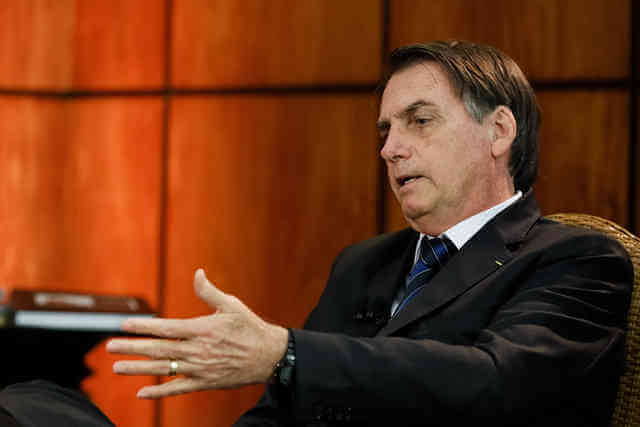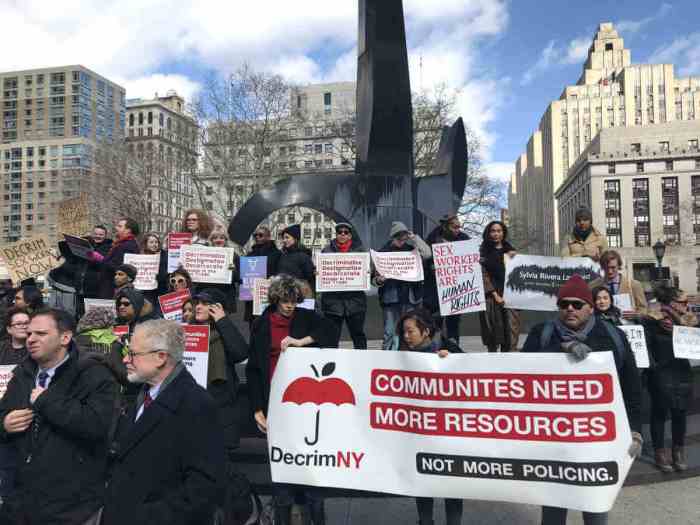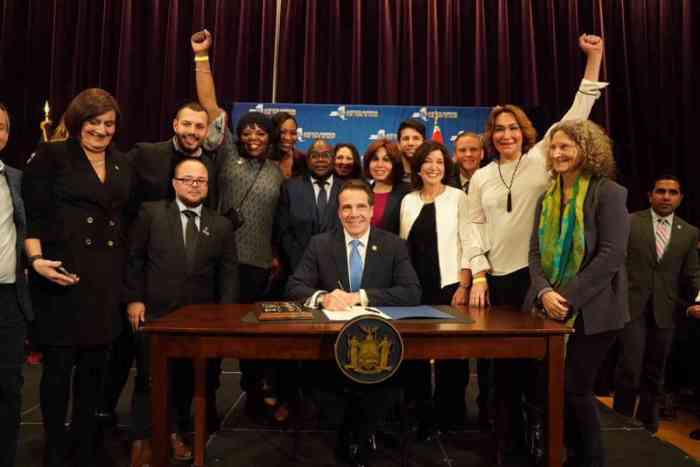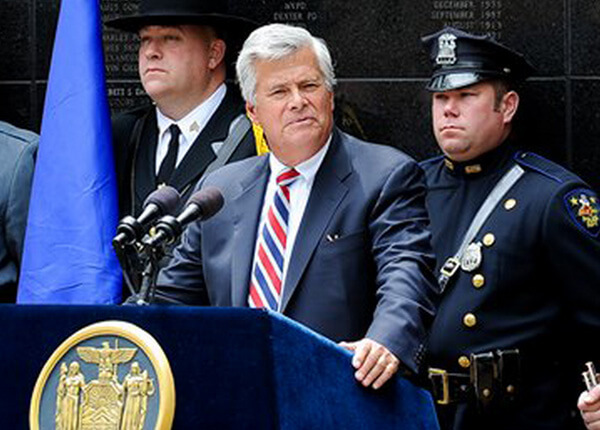When Mayor Michael Bloomberg was running for a third term in 2009, Gay City News asked him why as a committed supporter of marriage equality he was also a big booster of the State Senate Republican campaign committee. The mayor argued his financial support for the GOP gave him unique sway in pressing the case for equal rights to skeptical listeners — and he specifically mentioned the handful of Republican state senators who represent New York City districts, including Marty Golden from District 22 in South Brooklyn.
A call to Golden’s office at that time to learn whether the senator had ever heard the mayor out on the issue was not returned. Even without an answer, though, it was hard to imagine Bloomberg making much headway with Golden, who was among five GOP senators who the year before were represented by the Alliance Defense Fund, an Arizona-based anti-LGBTQ litigation group, in an unsuccessful challenge to then-Governor David Paterson’s directive that legal precedent required the state to recognize valid same-sex marriages from other jurisdictions, even if gay and lesbian couples could not yet marry here.
When the first marriage vote took place in the Senate in December 2009, the measure lost badly, garnering no Republican votes. Eighteen months later, when marriage equality triumphed, with the help of four Republican senators, Golden’s was not among that group — none of whom, in fact, were from the city.
For most New Yorkers, the spectacular victory for gay and lesbian couples in June 2011 settled the question. Polling support for the new law shot up dramatically, and Governor Andrew Cuomo, who staked a lot of his early political capital on a win, was widely seen as a canny politician. Yet a full four years later, when the Supreme Court finally settled the issue on a nationwide basis — and active resistance seemed limited to backwater communities in places like Alabama and Kentucky — Golden didn’t sound like he’d yet been sold.
On Facebook, noting that the timing of the Supreme Court ruling roughly coincided with the State of Oregon legalizing marijuana, Golden, pointing to the biblical passage used more than any other to condemn homosexuality, wrote, “It all makes sense now. Gay marriage and marijuana being legalized on the same day. Leviticus 20:13 — ‘if a man lays with another man he should be stoned.’ We’ve just been interpreting it wrong all these years.” An advisor apparently prevailed on the senator to remove the offensive joke from his page.
This is the Marty Golden who has represented Bay Ridge, Dyker Heights, Bensonhurst, Marine Park, Gerritsen Beach, Gravesend, and parts of Sheepshead Bay, Borough Park, and Midwood for eight terms since his election in 2002. His reelections have been easy work for him — his ran unopposed in some years — which may seem an anomaly in a district where the most recent figures from the State Board of Elections give Democrats a registration edge of 83,244 to 35,786 over Republicans. Some of those Democrats, however, are conservative, as evidenced by Donald Trump’s narrow 2016 win in the district. And with incumbency traditionally bestowing advantages through the delivery of basic government services, regardless of party affiliation, it’s not hard to see how a senator with more than a decade and a half under his belt can rest easy in his belief he knows his voters.
Andrew Gounardes, the Democratic nominee who faces Golden on November 6, believes the incumbent might just be wrong this year. In fact, the Democrat told Gay City News that a big reason why 2018 may reverse the district’s history going back 16 years is the “watershed year” that was 2016.
“Politics has changed,” Gounardes said. “People are engaging at a level they haven’t before, and not only at the national level but also locally.”
Gounardes, who has served Borough President Eric Adams as counsel after doing constituent work in then-City Councilmember Vincent Gentile’s office, came into the race this year knowing what he was up against. Six years ago, at the age of 26, he also took on Golden and lost by about 10,000, though he noted that few observers expected him to get more than 30 percent of the vote. He exceeded 42 percent.
“I am better candidate this year,” said Gounardes. “I’ve done a better job of uniting different groups.”
Most voters, of course, look to their legislative representatives to address bread and butter issues of immediate concern to their lives and their neighborhoods. So, it’s not surprising that in response to a questionnaire from Brooklyn’s Lambda Independent Democrats, an LGBTQ club, he cited as his three top priorities ensuring that speed cameras are located in every school zone (an issue Golden has stumbled badly on), securing funding for smaller classroom sizes and to retain the best teachers, and improving subway service.
In some press interviews, Gounardes has argued that he is not running an “ideological” campaign and that none of his positions are out of the “mainstream” for New York.
Yet, his race is not only important in taking on an entrenched incumbent but also in giving the Democrats a better shot at flipping control of the Senate, where they nominally have a 32-31 edge, but are stymied by socially conservative Brooklyn Democrat Simcha Felder’s continuing to caucus with the Republicans.
And, as Democrats hammer over and over, control of the Senate is the key to breaking the logjam on a host of progressive issues — from women’s reproductive freedom to protection of immigrants, universal health care, criminal justice reform, debt-free college education, and, at long last, the Gender Expression Non-Discrimination Act.
“I make no bones that I am very progressive but I spend a lot of time talking about hyperlocal issues,” Gounardes explained. “I am pragmatic. And, health care for all is a bread and butter issue. Housing availability is a bread and butter issue.”
It is the chance for Democrats to finally seize the mantle in the State Senate that has focused so much attention on the District 22 race, which is widely seen as the only competitive contest in the five boroughs. If district residents are awakened to the stakes in a State Senate race, so too are progressives across the city. And LGBTQ groups are a big part of that push. All three gay clubs that are active in Brooklyn — Lambda, the Stonewall Democrats of New York City, and the Jim Owles Liberal Democratic Club — are enthusiastically behind Gounardes, which is hardly surprising since his candidate questionnaire responses showed support for the full range of community goals in Albany, from GENDA to banning so-called conversion therapy imposed on minors, legalizing gestational surrogacy contracts for would-be gay parents, providing greater support for homeless youth, funding LGBTQ-appropriate senior housing, barring religious groups from using public school facilities for worship services, and ending the AIDS epidemic in New York by 2020.
Jared Arader, vice president at Lambda, said the club has known Gounardes at least as far back as 2010, when he worked with its members in organizing protests outside Golden’s office over his no vote on marriage. The issues at stake, Arader said, are ones “that members of our community will feel and that will have an impact on our lives.”
Rod Townsend, president of Stonewall, said, “We are urging our members to get down to Bay Ridge — by subway, ferry, however. Marty Golden is a prime example of why the Senate needs to be flipped.”
Jim Owles’ president Allen Roskoff, who termed Gounardes “a great guy” who will be a “terrific senator,” held back nothing in his assessment of the incumbent, saying, “Marty Golden is a dangerous demagogue who does our communities great harm. He’s horrendous for the LGBT community, women, immigrants, people of color, the poor, and for the criminal justice system.”
Gounardes boasted of a volunteer operation that had his office flooded with up to 75 people this past weekend, enabling the campaign to knock on 10,000 doors in the district. This Saturday, October 13, Lambda and Stonewall are hosting an LGBTQ Day of Action for Gounardes, and the following Friday evening, October 19, leading gay and lesbian elected officials including Council Speaker Corey Johnson and Brooklyn Councilmember Carlos Menchaca, Senator Brad Hoylman, and Assemblymembers Deborah Glick and Daniel O’Donnell are hosting a fundraiser for him in tandem with the gay clubs at Club Cumming in the East Village.
The money from that event, coming on the heels of a fundraiser Governor Andrew Cuomo held for him this week, will come in handy. Gounardes has lagged behind Golden considerably all year in funds raised and on hand.
But the Democrat is confident of his ground game for Election Day, noting that while the greater the turnout in a district with a 2-1 Democratic advantage the better he should do, his campaign is not counting on a Blue Wave. In addition to volunteers, he pointed to unions — from building trades to teachers — who are supporting him after years of being in Golden’s corner. The sharp increase in voter registration in the district and in turnout in this year’s Democratic primary, however, are certainly welcome signs, Gounardes acknowledged.

